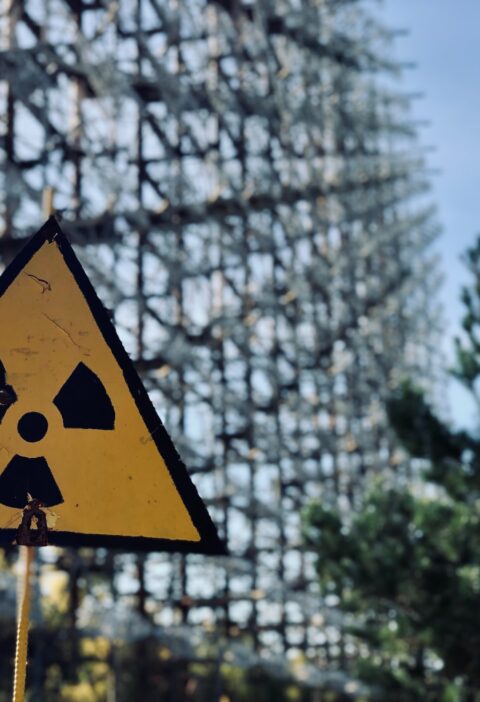Study after study shows that lawsuits are the best way to settle legal disagreements. So why are we taught in school to avoid them at all costs?
If you want to make sure your case makes its way to court, you need at least a basic understanding of civil litigation terms.
But what is civil litigation? We’re here to help.
After reading this article, you’ll have a firm grasp of the subject. Thus, you’ll have a road map for future litigious events. Keep reading.
What Is Civil Litigation?
Civil litigation encompasses a wide range of legal disputes that do not involve criminal charges. It is the process by which legal disputes between individuals or organizations are resolved through the court system. It involves filing a lawsuit, presenting evidence and arguments, and ultimately obtaining a decision from a judge or jury.
Key Parties in Civil Litigation
The key parties involved are the plaintiffs, also known as the people bringing the legal action. They claim to have suffered harm or losses and seek legal remedies or compensation from the defendant.
The defendant is the party against whom the lawsuit is brought. They are required to respond to the plaintiff’s allegations and defend their position in court.
Both the plaintiff and the defendant typically hire a civil lawyer to represent their interests in court. Lawyers play a crucial role in a civil law case. They prepare legal arguments, gather evidence, and advocate on behalf of their clients.
Civil Litigation Process
Civil litigation can be a complex and lengthy process, involving multiple stages. Here is an overview of the typical steps involved:
Filing a Complaint
This is a formal document that outlines the details of the dispute and the legal claims being made. The plaintiff initiates the lawsuit by filing a complaint stating their claims and the relief they sought. The defendant is then served with the complaint and has a specified period to respond.
Discovery Process
Discovery is a process where both parties exchange information and evidence relevant to the case. This phase involves depositions, interrogatories, document requests, and more. The goal of the discovery process is to ensure that all parties have access to the same information.
Pre-Trial Motions
Both parties may file motions to resolve legal issues before the trial. These motions play a crucial role in shaping the outcome of the case. It can often determine whether or not it will go to trial.
Trial Phase
If the case proceeds to trial, both parties will present their arguments and evidence to a judge or jury. This phase involves extensive preparation, evidence gathering, and witness testimonies to support each side’s arguments. The judge or jury then decides the outcome of the case.
Settlement Negotiations
The parties are free to negotiate a settlement at any time to come to a mutually accepted conclusion during the litigation process. Many cases are settled before going to trial. This can save time and money and also allow for more flexibility in finding a mutually beneficial solution.
A Comprehensive Guide to Civil Litigation
Civil litigation is the legal process used to resolve disputes between parties in non-criminal cases. It is a complex and often confusing system that requires the expertise of a skilled attorney. By understanding the basics of civil litigation, you can protect your rights and navigate the legal system effectively.
Contact a qualified lawyer today to learn more about what is civil litigation and ensure the best possible outcome for your case.
Do you want to find more helpful info? Check out more of our guides on our blog today!







